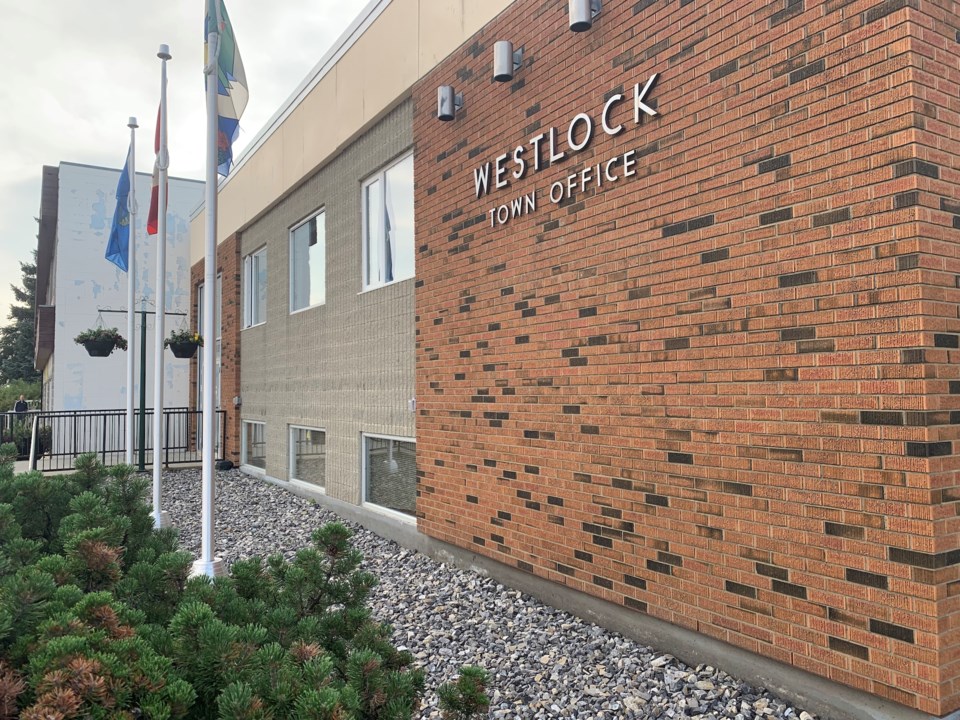WESTLOCK — The Town of Westlock has rolled out a new non-residential tax incentive bylaw that will exempt business owners from paying municipal property taxes for three years on any new non-residential developments with an assessed value of $250,000 or more, or the refurbishment or expansion of an existing non-residential property valued at $50,000 or more.
Councillors passed second and third reading of the Non-Residential Tax Incentive Bylaw 2023-06 at the July 10 regular council meeting after passing first reading June 26. The bylaw has two tiers and includes projects with an assessment value between $50,000 and $1,000,000 with the exemptions being 75 per cent in the first year, 50 per cent in the second and 25 per cent in the third year. There is also a 100 per cent exemption in the first year for projects over $1,000,000, followed by 75 per cent in the second and 50 per cent in the third.
At the July 10 meeting town CAO Simone Wiley said the bylaw remained unchanged following first reading in June and pointed out several additional proposed economic development incentives that will supplement and support the document, which councillors discussed in brief, but will have opportunity for further discussions when they are brought back during budget deliberations in the fall.
“It is still sitting at the exemption levels as proposed,” said Wiley. “We’re also looking to develop a couple of new programs for council’s consideration. The first one is a storefront improvement, where we are proposing to do five annual grants, and these will be in the budget.”
Currently proposed are five storefront improvement grants to be handled out annually and would be a matching grant of up to 50 per cent of the eligible costs to a maximum of $10,000. The second matching grant, of which 10 would be available per year, is for exterior signage and will provide up to 50 per cent of $1,500. The third grant will be a business marketing grant up to a maximum of $2,500, with six available per year.
Wiley said more info on the grants will be brought back to council as a separate item during budget discussions in the fall so that they “can have a full discussion on the program and timing of them.”
During 20 minutes of discussion, Coun. Randy Wold asked if assessment would be added during or after construction, while Coun. Murtaza Jamaly asked when the application would need to be submitted from the date of completion of construction. He also noted that occupancy is “typically the last step of construction completion.”
“So is there some way that we can tie this to occupancy, but applications need to be submitted within 12 months of occupancy (before) a permit being granted,” he said.
Planning and development manager Danielle Pougher noted they could add a statement after Section 5.7 that reads, “that applications must be submitted within a year of a development being inspected, approved and assessed for taxation.”
During discussions, Jamaly said “we’re doing a bunch of different things hoping that it makes us a little bit more competitive than our peers, and makes us a little bit more marketable.”
“And more than anything else, it keeps council out of the way of some of the key decision making that has to happen as an administrative body to ensure that businesses find a good home in our community and I think that we’ve excelled at that,” said Jamaly.


